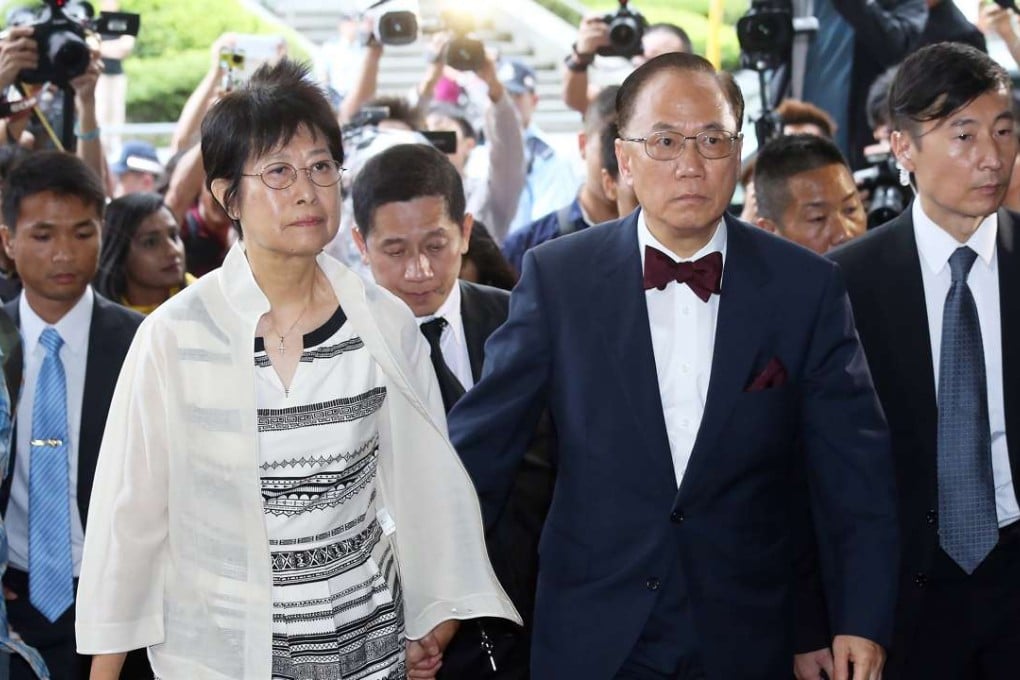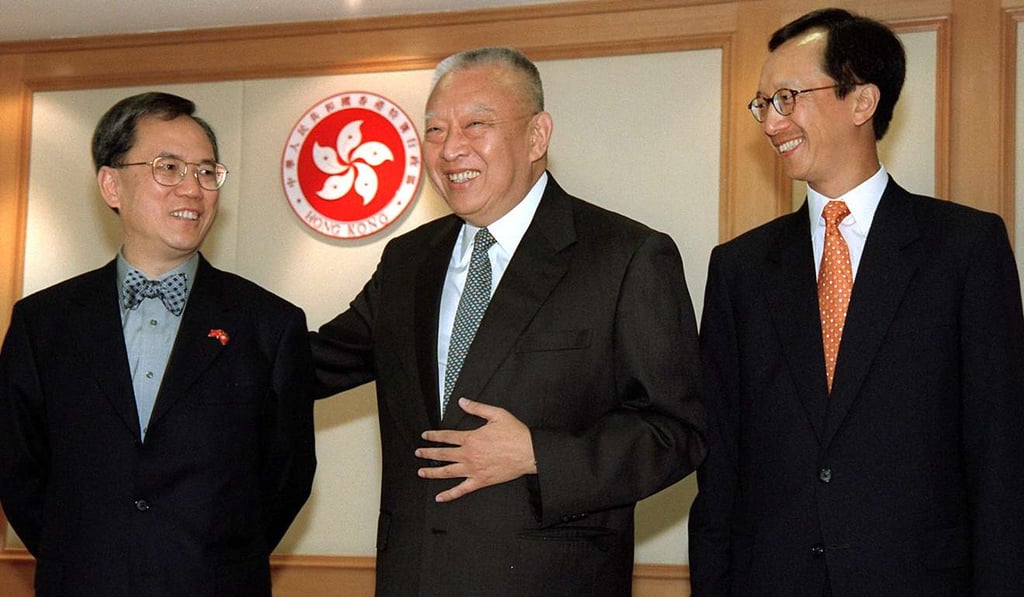The rise and fall of ‘Hong Kong boy’ Donald Tsang
The long-time civil servant rose quickly through the ranks, becoming chief executive in 2005 before the court case brought him back down to earth

The rise and fall of Donald Tsang Yam-kuen – the city’s chief executive who took pride in being a “Hong Kong boy” and pledged to operate in the full glare of publicity – could well be handily summed up by two “firsts”.
The 45-year career civil servant hit the spotlight when he became the first Chinese financial secretary in last governor Chris Patten’s sunset colonial administration.
But 22 years later, in 2017, Tsang – who climbed to the top before retiring – also became the city’s first former leader to be found guilty of a criminal charge.
He was found guilty of one charge of misconduct for failing to declare a conflict of interest when he approved a string of applications by Bill Wong Cho-bau’s radio station, Wave Media, while also negotiating with Wong over a three-storey Shenzhen penthouse he planned to retire to.
The jurors entered a majority verdict with eight finding him guilty and one dissenting.
